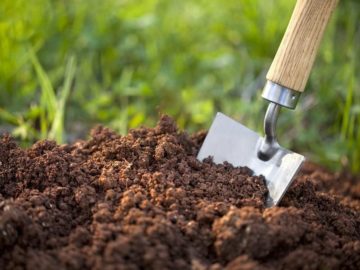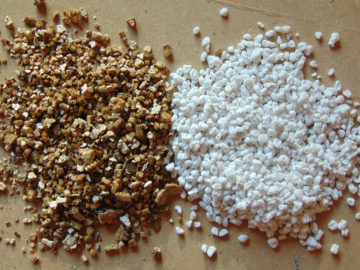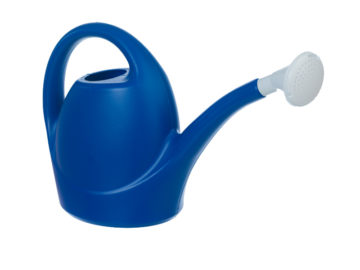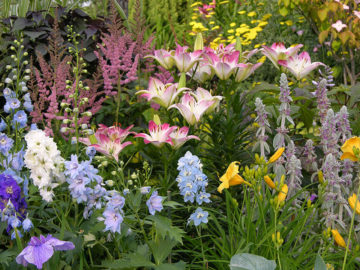Love the idea of having a beautiful garden? Hold that thought! If you are fairly new to gardening you will need to know a few things that will help keep you out of trouble. Being a gardener means you will likely make a few mistakes, even armed with gardening know-how and well meaning advice, and that’s okay – you can learn from your mistakes.
Preparing the soil before planting is a very important process. You can buy the best plants available, but if your soil is not properly prepared, your garden may not bloom to its full potential.
Adding some peat moss will help aerate the soil to promote strong root systems, and help retain moisture and nutrients; perlite or vermiculite will improve aeration and drainage and help promote root development; composted cow or sheep manure which contains a wide range of minerals and nutrients will add to the composition of the soil and help hold moisture in. Do not use fresh manure as it can burn young plants and their roots.
Make sure when you are deciding which plants to grow that they are plants that are okay to be grown in your zone or area. Planting out of season plants or wrong plants for your climate and then expecting great results in flowers or fruit will only cause you disappointment if they don’t grow and produce the way you thought they would. Learn some basic knowledge about the plants you wish to grow. Know your plants and where they will planted and what they will need in order to survive. For example, do not plant shade plants (such as impatiens) where they will receive 6 to 8 hours of full sun daily because they will not survive. A better choice of annuals for that space would be petunias, verbena, geraniums, osteos, or vinca. Plant your shade plants in a place that receives either a little morning sun with shade the rest of the day or where they receive dappled shade all day long.
Do not over plant your garden. Allow room for growth and spreading. Planting invasive plants too close to other plants can cause deficiencies in the weaker plants. The survival of the fittest applies! You may find the flowers you wanted to grow and enjoy will be overrun by a neighboring invasive plant. To do justice to a plant is to give it room to grow and be as attractive as it was meant to be.
Set the plants in the ground at the proper depth. A very common error is planting too deep. It’s a natural inclination to plant a somewhat floppy-stemmed annual deep into the soil in order to support its stems. However, that is not a good idea. Instead, pinch the floppy-stem back from the top, then plant it so that the root ball sticks out of the soil just a fraction of an inch. Before planting, the root ball should be opened and the roots separated as best as possible, or the plant will just continue to be root-bound and will simply not grow as it should.
Purchase healthy plants. Doing so will greatly increase your chances of success. Beware of spindly, dry, brown, or droopy looking plants. Symptoms like these often mean they were not well cared for and therefore not only will they not flourish and be abundant with colour, they will probably not make it through the growing season.
Water well. A common mistake is to give the garden a light sprinkle and let it go at that. After you plant anything, be sure to soak it immediately and thoroughly. Be careful of just using sprinklers as they only water the foliage. In the hot summer, most of that water evaporates before it does any good, and the roots rarely get the water they need. Watering deeply will promote the development of a deep and extensive root system. Frequent and light watering only promotes shallow rooting. Well rooted plants will be able to survive hot dry weather much better because their roots will be able to reach the moisture deep in the soil.
In knowing your plants you will be able to care for them at the level they need. Feeding, or fertilizing is important in their continued life of enduring hot summer days and prolific blooming. Soil nutrients fade away over time due to watering and different weather conditions, so giving your growing plants extra food will help them to not only survive, but to thrive to their fullest.
Gardening is a labor of love for most, mistakes and all; and if you realize that mistakes are actually important in the learning process, it will help keep your frustration level down. Happy gardening!

